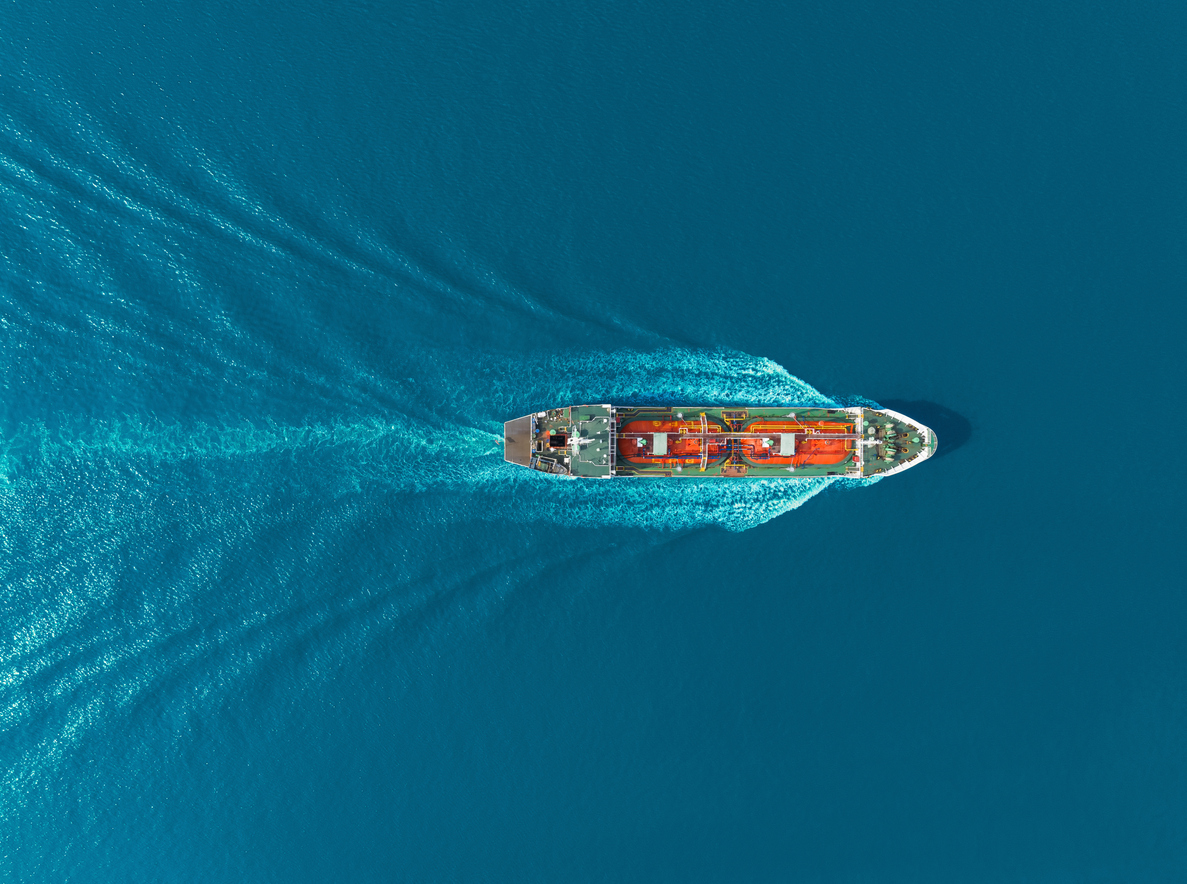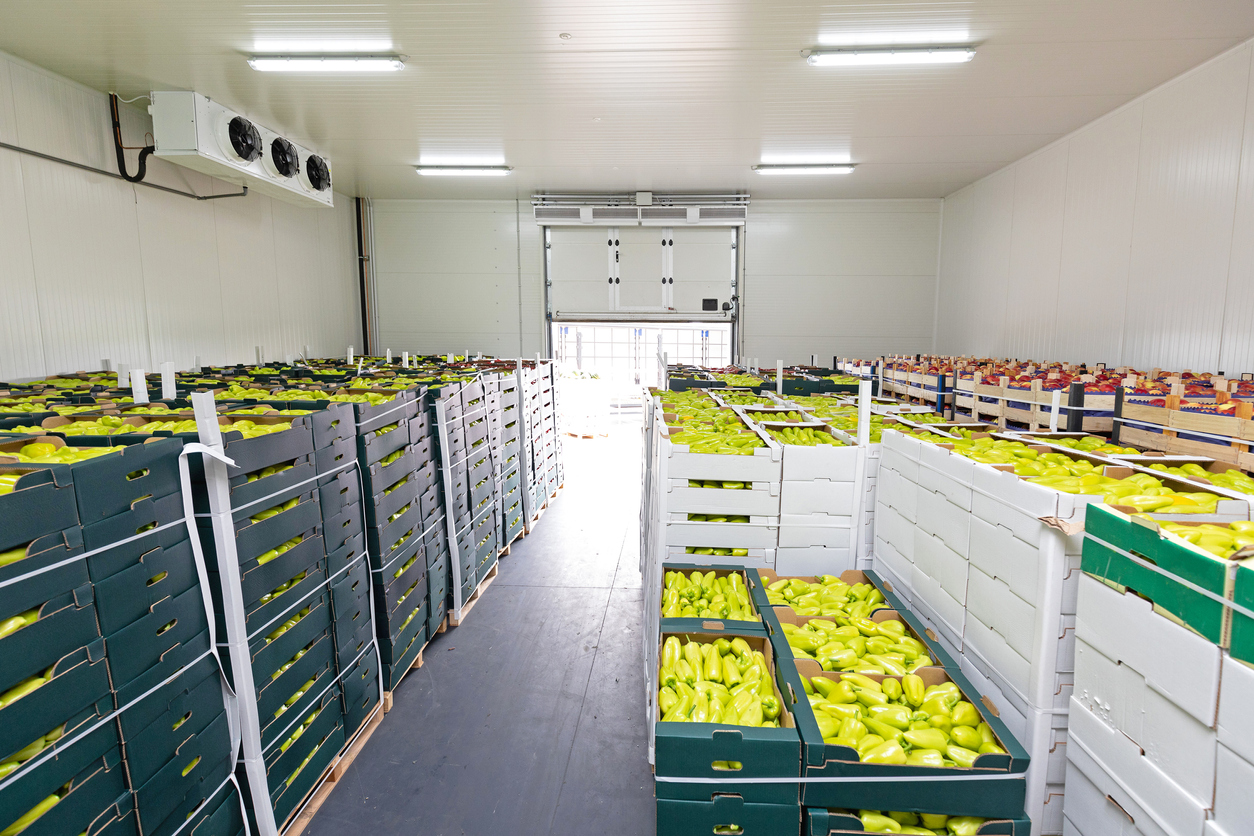How to Successfully Ship Packages from Overseas to Naija – A Step by Step Guide
How to Successfully Ship Packages from Overseas to Naija – A Step by Step Guide
Shipping packages from overseas to Nigeria can be complicated, but with the right guidance, it doesn’t have to be. This step by step guide is designed to provide you with the information you need to make the process of sending packages from overseas to Nigeria easier and more efficient. From understanding the customs process to choosing the right shipping partner, this guide covers all the basics of successful international shipping. Whether you’re sending documents, apparel, or any other item, this guide will provide you with the knowledge and resources you need to ensure that your package arrives safe and secure. So, if you’re ready to make international shipping a breeze, read on and learn how to successfully ship packages from overseas to Nigeria.
Understanding the process of shipping packages overseas to Nigeria
Shipping packages from the United States to Nigeria is a process, which includes many steps. If any of those steps are skipped or executed incorrectly, the likelihood of your package successfully arriving is low. Before diving into the specifics, it’s important to understand why shipping from the U.S. to Nigeria is different from shipping domestically. When shipping packages domestically, companies like FedEx, UPS, and USPS are responsible for the entire process. They pick up the package, transport it to the appropriate facility, and then ship it to the recipient. However, when shipping packages internationally, the process is much different. In order to ship packages from the U.S. to Nigeria, several parties are involved. These parties include: – the sender – the international shipping partner – the Nigerian customs officials – the Nigerian postal service – the recipient
Choosing the right international shipping partner
The most important part of successful international shipping is selecting the right shipping partner. When choosing an international shipper, consider the following factors: – Pricing – While pricing should be high on your list of considerations, you don’t want to choose the most expensive shipper. Remember, high prices aren’t always a sign of a good service. – Reputation – You want to work with a shipper that has a good reputation. Read online reviews, check out customer testimonials, and look for awards and recognition from shipping associations. – Service – How does the shipper handle customer service? Do they have a 24/7 customer support center? Do they have a flexible return policy? – Contract – Read the contract carefully. Don’t sign the contract if you don’t understand it.
Learn about Nigerian customs regulations
Nigerian customs officials are responsible for inspecting all incoming packages to the country. The customs process is designed to protect the country from smuggling and other types of illegal activity. If a package is flagged or inspected, it could experience a delay while the officials examine it. If the package contains items that are prohibited in the country, it could be seized. If a package is flagged, the shipping partner will notify you and provide instructions on what to do next. While you should follow those instructions, you should also learn as much as you can about Nigerian customs regulations. The more you understand about customs regulations, the less likely you are to have your package flagged because you’ll be more aware of potential issues. Some items are prohibited in Nigeria, so make sure to thoroughly research customs regulations to prevent your package from being flagged.
Prepare your paperwork for international shipment
When preparing your paperwork for international shipment, make sure to use the correct documentation. Customs officials will use the documents in your shipment to determine the correct tax or duty. If you use the wrong documentation, you could end up having to pay a hefty fine. Additionally, if your package is flagged, it could be delayed or even denied entry into the country. When it comes to paper work, use the following documents: – Commercial Invoice – Commercial invoice is a document that lists all of the items in the shipment, their value, and the price you paid for the items. – Packing List – Packing list is used to list the items in the shipment and their condition. – Shipping Bill – Shipping bill is used to list the items being shipped and their value. – Health Certificate – Health certificate is used to certify that the items in the shipment are free of pests and other contaminants.
Types of shipping services available
When shipping packages from the U.S. to Nigeria, you can choose from several shipping services. Shipping services include surface transportation methods, such as sea and air freight. You can also choose a combination of shipping services to efficiently get your package to its destination.
Tips for reducing international shipping costs
When shipping packages from the U.S. to Nigeria, it’s important to keep costs as low as possible. One way to do this is by consolidating shipments. A consolidation service combines luggage and other types of packages into one shipment, which reduces transportation costs. You can also consider a less expensive shipping method like rail or ocean freight. Another way to save money is by using a shipping broker. Shipping brokers are experts in international shipping and can help you save money without sacrificing on quality. For more tips on reducing shipping costs, check out our blog post.
How to track your package
If you’re shipping packages from the U.S. to Nigeria, it’s important to know exactly where your package is at all times. Fortunately, most shipping companies provide tracking numbers, and most of them are accessible online using a computer or mobile device. Tracking your package is important for several reasons. First, it allows you to see the progress of your shipment. This is especially helpful when you’re shipping by sea. Second, it allows you to pinpoint exactly where your shipment is if there’s a delay. This can be helpful if there’s an issue with your shipment and you need to get in touch with the shipper. Finally, tracking your shipment is important if you were to go through an insurance claim. In order to file an insurance claim, you must provide proof that your shipment was delayed or lost. Tracking your shipment provides that proof.
Common issues with international shipping
There are numerous issues that can occur with international shipping, but there are a few that happen more frequently than others. These issues include damage, incorrect delivery, and lost packages. If you’re shipping documents, you may want to consider using a sturdy shipping box to prevent the risk of damage. If you’re shipping apparel, you’ll want to make sure the packaging is suitable for the journey. If there is damage to the item, contact your shipping provider as soon as possible to ensure you aren’t held responsible. If you aren’t sure if your item was delivered, you can check with the recipient. If the package isn’t there, you can file a lost package claim with the shipping company.
How to ensure customer satisfaction
There are a few things you can do to ensure customer satisfaction when shipping packages from the U.S. to Nigeria. First, create a shipping plan. Keep in mind that the distance between the U.S. and Nigeria is approximately 9,000 miles, so plan accordingly. Next, make sure that your packaging is suitable for the journey. Finally, be sure to track your package to ensure that it arrives safely. You can also consider purchasing shipping insurance in case something goes wrong.
Publishing customer reviews
If you’re shipping packages from the U.S. to Nigeria, it’s important to publish customer reviews. This will give potential customers insight into the type of service you provide. Additionally, it helps you improve your service by identifying problems and areas for improvement. There are several ways to do this. You can create an Amazon business account, create a website, or open a Shopify store. Once your business is live, you can request customer reviews.








LEAVE A COMMENT
You must be logged in to post a comment.